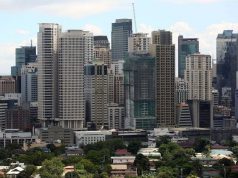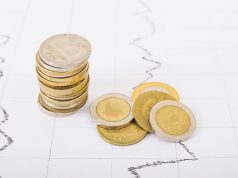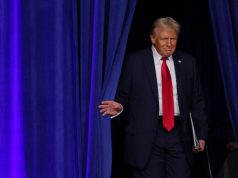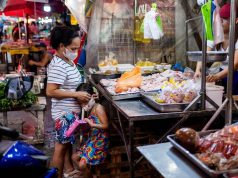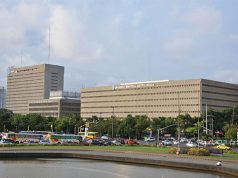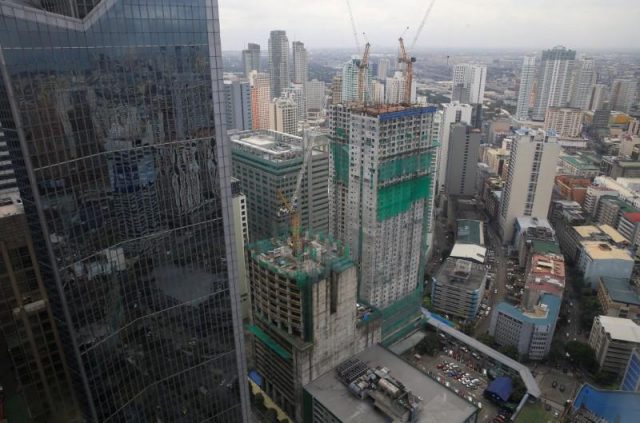
MANILA, Philippines — The Philippine economy grew at a sizzling pace in the second quarter, topping expectations as a government-led construction boom and an extended rebound in the farm sector took some of the sting off a peso currency wallowing at 11-year lows.
The Southeast Asian nation is the second-fastest growing economy in Asia after China, with growth in the June quarter boosted by higher government spending and a stellar performance in the agriculture sector.
Gross domestic product rose 6.5 percent in the second quarter from a year earlier, the national statistics agency said on Thursday, picking up from the 6.4 percent pace in the first quarter, and above the 6.2 percent forecast in a Reuters poll.
On a quarter-on-quarter basis, GDP expanded 1.7 percent, above the 1.6 percent growth projected in a Reuters poll, and faster than the previous quarter’s upwardly revised 1.3 percent.
“We are well on track to meeting our full-year target growth of 6.5-7.5 percent,” Economic Planning Secretary Ernesto Pernia told reporters at a briefing.
Like its regional peers, the Philippines benefited from an improvement in global demand, with exports up nearly 14 percent in the six months to June.
Household consumption grew at slightly faster annual pace of 5.9 percent in the second quarter compared with 5.8 percent in the first, while government spending jumped 7.1 percent in a dramatic rise from the revised 0.1 percent gain in the March quarter.
The peso was steady after the GDP report, though markets remain focused on the currency’s outlook following a sharp slide.
Policymakers have sought to soothe frayed nerves in the foreign exchange market after the peso hit an 11-year low, saying currency movements do not reflect the underlying strength of the local economy.
A construction boom in the Philippines has contributed to the peso weakening amid a recent surge in capital goods imports.
Indeed, Manila aims to lift growth to as much as 7.5 percent this year, from 6.9 percent in 2016, as President Rodrigo Duterte’s administration prepares for a six-year, $180 billion spending spree on infrastructure.
The big spending plan to repair creaking infrastructure and build new roads, railways and airports form part of an ambitious effort by Duterte to boost growth in the $290 billion consumption-reliant economy to around the 8 percent level.
“We are optimistic that the accelerated state spending and project implementation would keep the Philippines in the club of Asia’s fastest-growing economies,” Finance Secretary Carlos Dominguez said in a statement.




